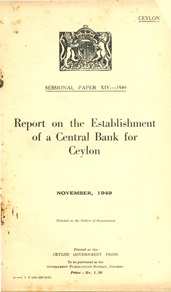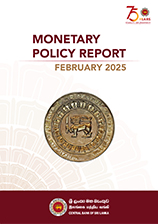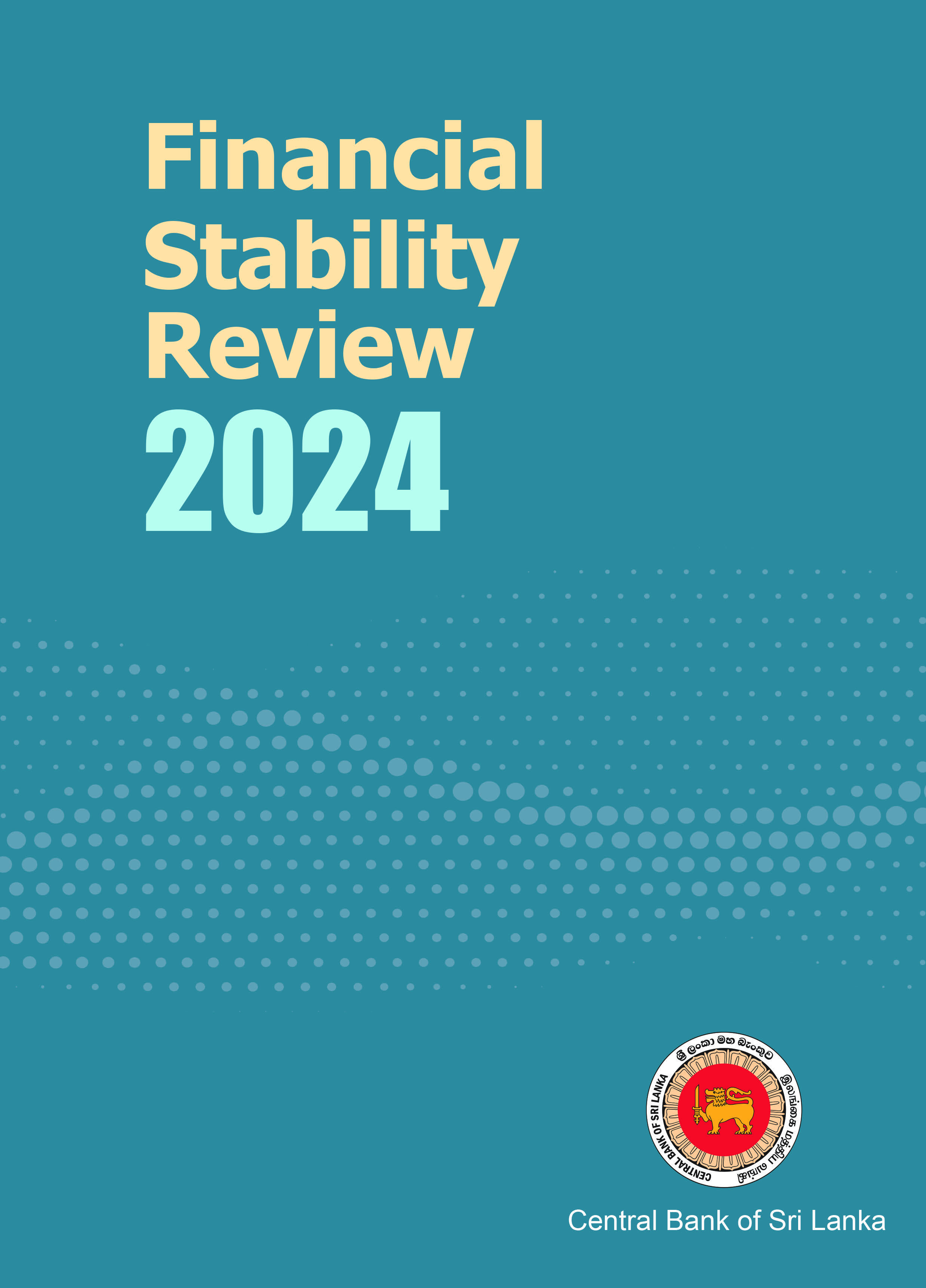Growth of the Sri Lankan economy has fallen to dismal levels over the past few years, and the impact of the COVID-19 pandemic may result in severe stress on economic and financial system stability in the period ahead unless immediate remedial actions are taken. In this context, in support of the government’s efforts to revive the economy, the Monetary Board of the Central Bank of Sri Lanka, at its meeting held on 16 June 2020, decided to introduce new credit schemes under the Section 83 of the Monetary Law Act No. 58 of 1949.
















